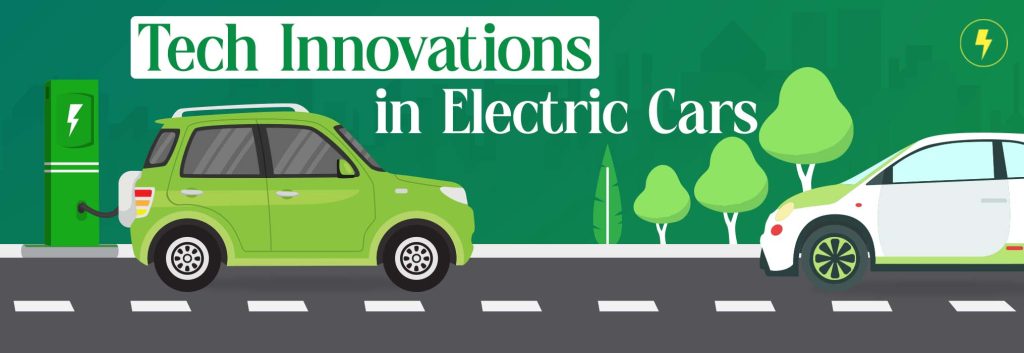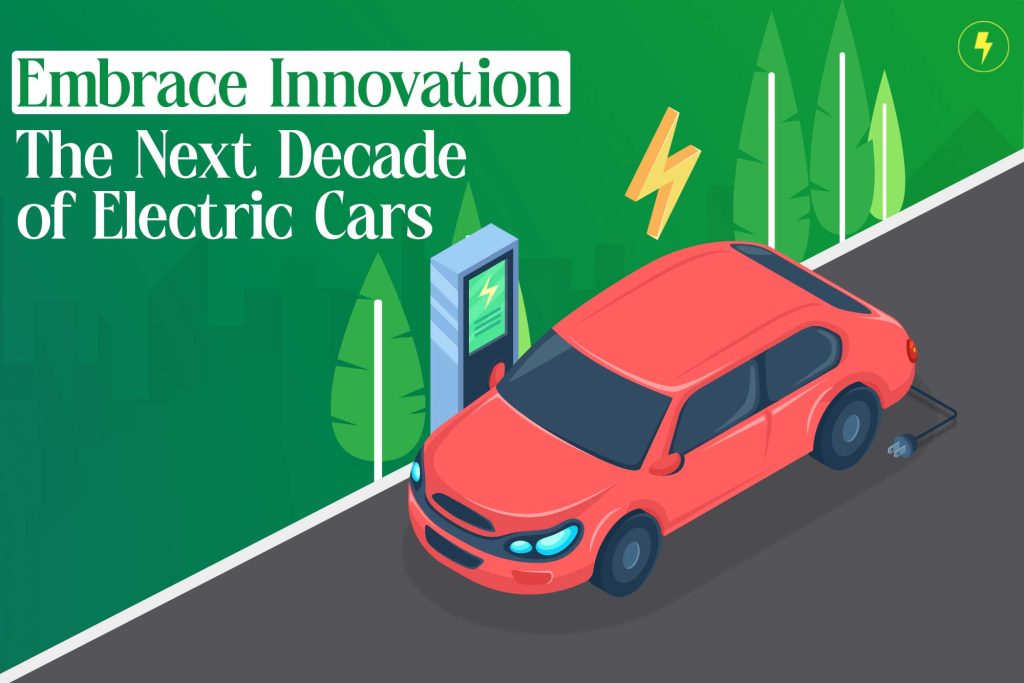The automotive industry has recently witnessed a significant shift towards sustainable and eco-friendly transportation solutions. One of the most groundbreaking advancements in this movement is the rise of electric cars. With their zero-emissions technology and increasing popularity, electric cars have emerged as a promising alternative to traditional gasoline-powered vehicles.
Electric cars rely on electricity stored in rechargeable batteries to power their motors, eliminating the need for fossil fuels and reducing air pollution. This revolutionary technology offers a cleaner and greener mode of transportation and presents numerous benefits for both individuals and the environment.
This section will delve deeper into electric cars, exploring their advantages, technological innovations, government incentives, and future prospects. Join us as we uncover the exciting potential that electric cars hold in transforming our roads toward a more sustainable future.
Dive Into The Revolution Of Electric Cars.

The revolution of electric cars has arrived, transforming the automotive industry and paving the way for a cleaner and more sustainable future. Electric cars are becoming increasingly popular among consumers with their advanced technology and environmental benefits.
Electric cars offer numerous advantages over traditional gasoline-powered vehicles. Firstly, they produce zero emissions, making them an eco-friendly alternative that helps reduce air pollution and combat climate change. Additionally, electric cars are exceptionally quiet, providing a smoother and more peaceful driving experience.
- One of the key factors contributing to the rise of electric cars is advancements in battery technology. Lithium-ion batteries have made significant progress in recent years, allowing electric vehicles to achieve longer ranges and faster charging times. This increased range has alleviated one of the potential buyers' main concerns about electric cars – range anxiety.
- Furthermore, governments worldwide are implementing policies to support the adoption of electric vehicles. Incentives such as tax credits, rebates, and subsidies make purchasing an electric car more affordable for consumers while encouraging manufacturers to invest in research and development.
- The convenience of charging infrastructure is also rapidly improving. Charging stations can now be found in various locations, such as shopping centers, parking lots, and even residential areas. Fast-charging technology enables drivers to recharge their vehicles quickly while on long journeys or during a quick stop at a rest area.
- As more automakers invest in developing electric models and expand their offerings, we expect to see a wider variety of options available to consumers at different price points. The increasing competition will drive innovation further and lead to technological advancements that will enhance performance and efficiency across all aspects of these vehicles.
The revolution of electric cars is well underway with their environmentally friendly nature, improved battery technology, supportive government policies, expanding charging infrastructure network, and growing consumer demand, all playing crucial roles in this transformational shift towards sustainable transportation. As we move into this exciting era, it is clear that electric cars are here to stay and will continue to reshape the future of mobility.
Technological Innovations Took Place In Electric Cars

Technological innovations have revolutionized the automotive industry in recent years, particularly in electric cars. These eco-friendly vehicles have gained significant traction, offering a sustainable alternative to traditional gasoline-powered cars. With advancements in electric car technology, we are witnessing a paradigm shift towards a greener and more efficient future.
- One of the key areas of innovation in electric cars is battery technology. Manufacturers invest heavily in developing high-performance batteries with longer ranges and faster charging times. This breakthrough has addressed one of the primary concerns for potential electric car buyers – range anxiety – by providing increased mileage on a single charge.
- Furthermore, advancements in regenerative braking systems have significantly improved energy efficiency in electric cars. By harnessing the kinetic energy generated during braking, these systems convert it into electrical energy and store it back into the battery. This innovative feature extends the vehicle's range and reduces wear on traditional friction brakes.
- Another noteworthy innovation is the integration of autonomous driving capabilities into electric vehicles. These cars can navigate and make decisions independently through advanced sensors, cameras, and AI algorithms while ensuring maximum safety for passengers and pedestrians alike. This technological leap is reshaping transportation as we know it and holds promising potential for reducing accidents and traffic congestion.
- Moreover, connectivity features such as smart navigation systems and remote monitoring allow drivers to optimize their travel routes based on real-time data while keeping track of vital vehicle information from their smartphones or other connected devices.
Overall, technological innovations in electric cars continue to drive the industry towards a cleaner future with improved performance capabilities. As research and development efforts persist, we can expect further advancements to enhance driving experiences while reducing our carbon footprint one mile at a time.
What To Expect In The Next Decade From Electric Cars

The future of electric cars is poised to be revolutionary as we enter the next decade. With technological advancements and growing environmental consciousness, electric cars are set to become the norm rather than the exception.
One of the most significant developments we can expect is a major expansion of charging infrastructure. As more people adopt electric vehicles, governments, and private companies invest heavily in building a robust charging station network. This will alleviate concerns about range anxiety and make owning an electric car even more convenient.
Another exciting aspect on the horizon is the continued improvement in battery technology. We can anticipate longer ranges, faster charging times, and increased energy efficiency. These advancements will enhance the driving experience and help drive down costs associated with electric vehicles.
Furthermore, there will be a surge in new models and options from various car manufacturers. As demand for electric cars continues to rise, automakers are investing heavily in research and development to offer a wider range of affordable, high-performance electric vehicles.
Additionally, we can expect significant strides in autonomous driving technology within the next decade. As self-driving capabilities become more advanced and reliable, it will transform commuting experiences and contribute to safer roadways.
Lastly, with an increased focus on sustainability, there will be a greater emphasis on using renewable energy sources to power these vehicles. This shift towards cleaner energy production will further reduce carbon emissions associated with transportation.
In conclusion
The future of electric cars holds immense promise. From an expanded charging infrastructure to improved battery technology and autonomous driving capabilities, this next decade will witness remarkable advancements that make electric vehicles increasingly accessible, reliable, and environmentally friendly.









No Comment! Be the first one.